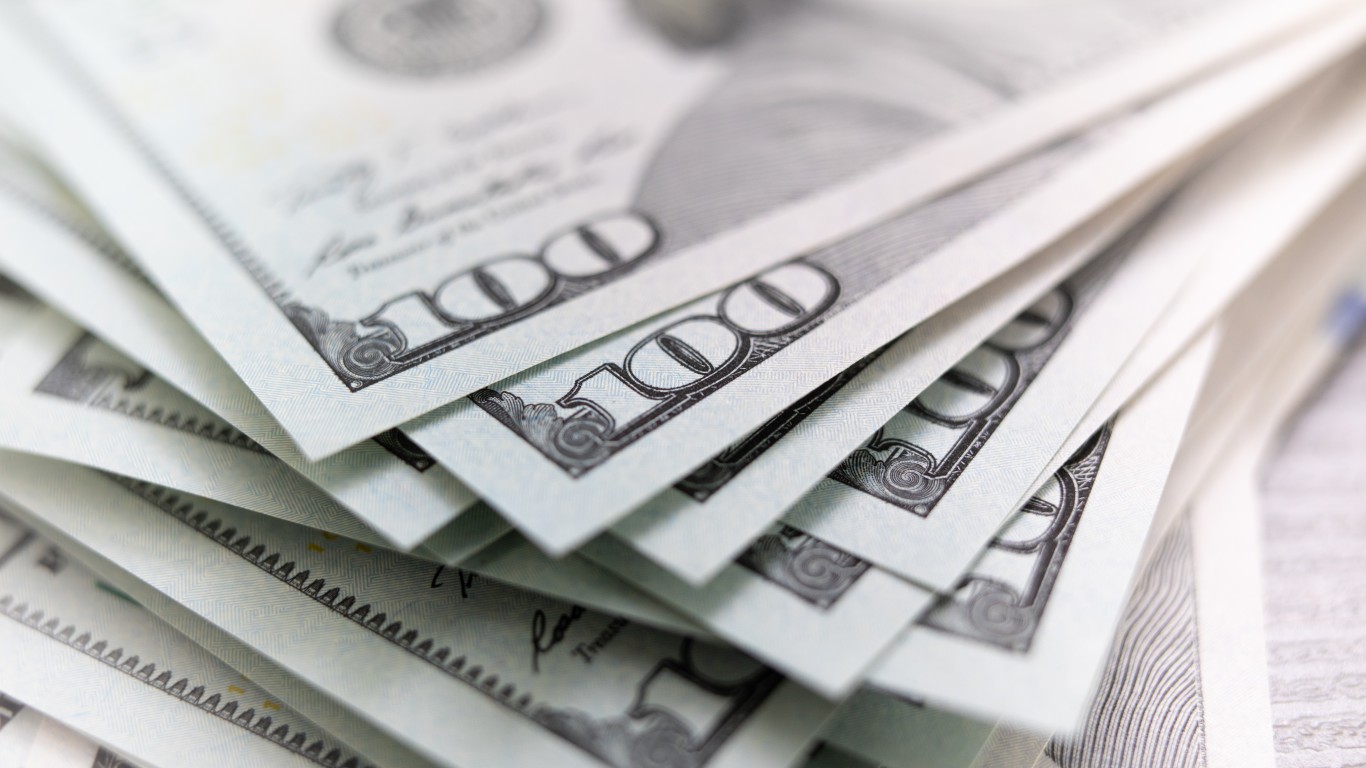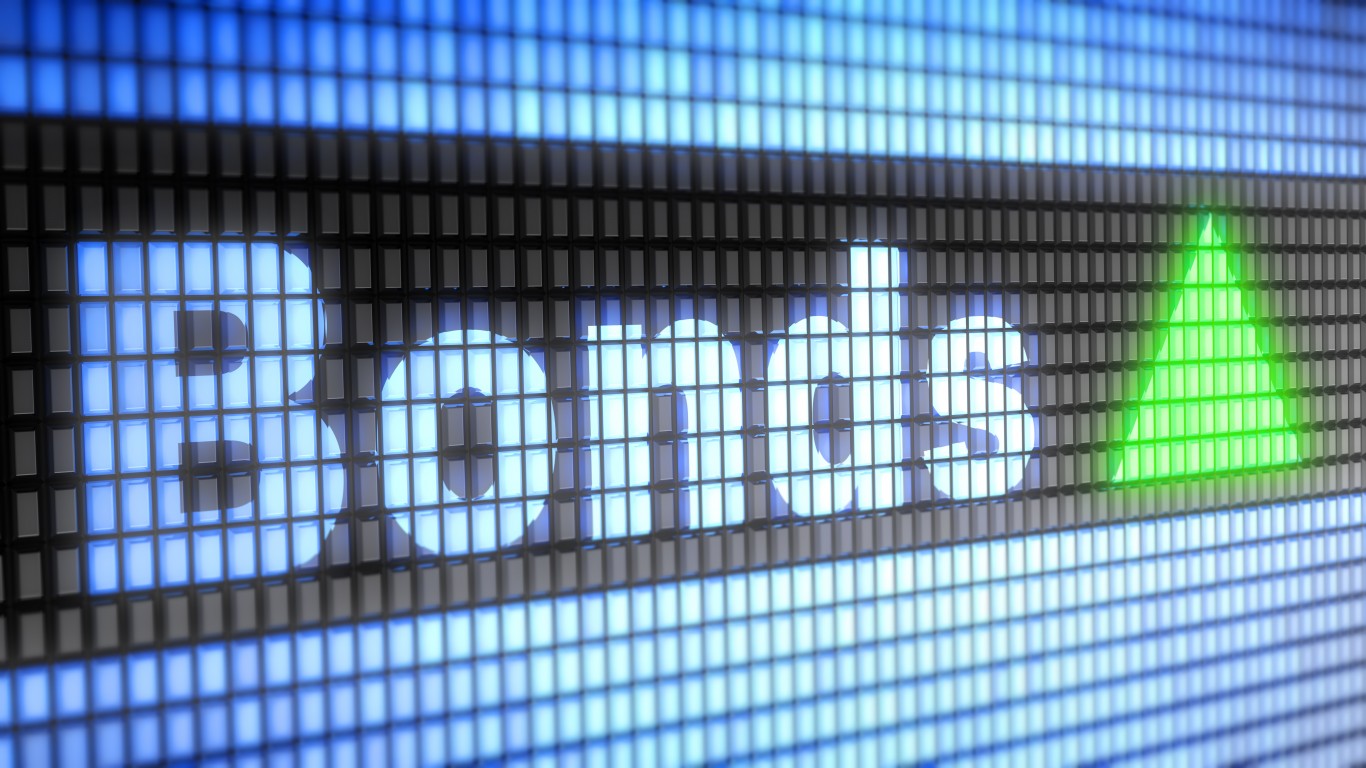
1. Cash
During retirement, you still need cash at hand to cover everyday or unexpected expenses. You may even want cash for leisure trips. But how much cash should you have on the ready? Many financial advisors may suggest having enough cash to cover three to six month of living expenses, though one expert suggests having enough to cover 12 to 24 months. Anything less and you might have to sell other assets in a down market or unfavorable conditions. To make your cash work harder, put the dollars in a high yielding savings account rather than a checking account. Or put it in the next option.

2. Money market account
Money market accounts are fixed income securities that earn a modest interest rate. Yet the investments are stable – a key concern for retirees. The interest rate is generally higher than with a bank savings account. Although the rate of return is relatively low, money market accounts are good places to stash emergency funds. Beware of inflation when investing in a money market account, however. If inflation rises above the rate offered in the account, your money could lose some of its value.

3. Bonds
As you built up your retirement savings during your working years, bonds would not have been your first choice. The low return rate is not very attractive to younger investors. When you switch to managing a portfolio in retirement, bonds are an ideal choice. Although your money will grow steadily and likely match inflation, you will not see the high returns possible in stock investing. Bonds offer lower risk investing at a time when you do not want to see the volatility of the stock market crater your savings.

4. Bond ladder
A series of bond investments with staggered maturities, a bond ladder provides diversification within a bond portfolio. You are not locked in with one bond for a prolonged period, which can expose you to the ups and downs of the bond market, and you still enjoy the different monthly incomes from the coupon payment. With a bond ladder, you also have access to relatively liquid money by having bonds that are steadily maturing over time.

5. Stocks
Investing in stocks when you are retired is slightly more risky, but has several advantages to careful investors. Conservative, dividend-paying stocks can offer higher returns than certificates of deposit and U.S. Treasury notes. Steer clear of the latest hot stocks and invest in large cap stocks that have a long track record of paying dividends and increasing the payouts. A good rule of thumb is to have no more than a third of your investments in stocks if you are 65 or older.
Sponsored: Find a Qualified Financial Advisor
Finding a qualified financial advisor doesn’t have to be hard. SmartAsset’s free tool matches you with up to 3 fiduciary financial advisors in your area in 5 minutes. Each advisor has been vetted by SmartAsset and is held to a fiduciary standard to act in your best interests. If you’re ready to be matched with local advisors that can help you achieve your financial goals, get started now.






